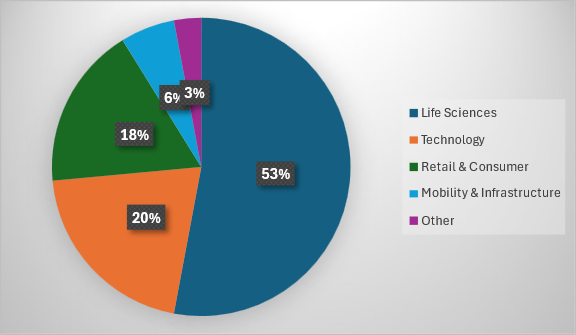Life sciences at the fore of preliminary injunction trends emerging from Europe's UPC
Published on 10th October 2025
Half of PIs granted at first instance on inter partes basis, with invalidity and non-infringement main points of refusal

The Unified Patent Court (UPC) has now been operational for over two years and has shown itself willing to grant a range of provisional measures, including preliminary injunctions (PIs), orders for the seizure of infringing goods and orders for the preservation of evidence and inspection of premises.
Since the court's operations began, there have been several important decisions that have clarified the criteria that the UPC judges apply when deciding whether to grant provisional measures. Statistics and trends are now emerging that indicate how the UPC has applied the Rules of Procedure when determining whether to grant PIs.
The UPC's emerging case law has begun to give clarity on what these requirements mean – as have the initial statistical trends from the decisions made in the court since it opened in June 2023.
There have been a total of 34 first instance inter partes PI applications so far; of these, the outcome is split evenly, with 17 PIs granted and 17 refused. The majority of refusals were due to there being either an insufficient degree of certainty that the patent was valid or infringed.
First instance PI decisions on a sector basis

Source: Osborne Clarke analysis
And despite concerns that the life sciences sector would not be active in the UPC before its launch, this has proved not to be the case, particularly for PI applications: the sector leads the way with the most PI applications on a sector basis – 18 to date.
For further in-depth analysis of preliminary injunction trends emerging from Europe's UPC, click here.
Shereen Younis and James Bruce, trainee solicitors at Osborne Clarke, contributed to this Insight.






